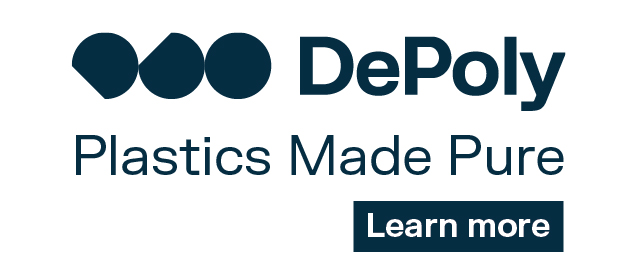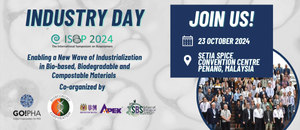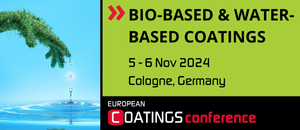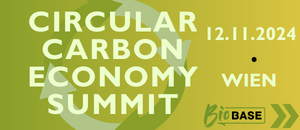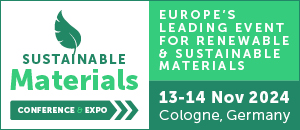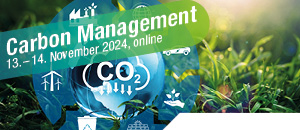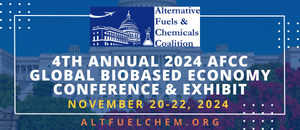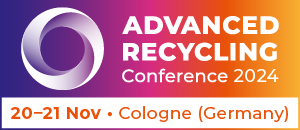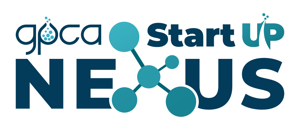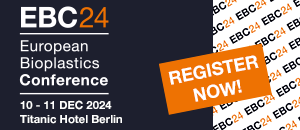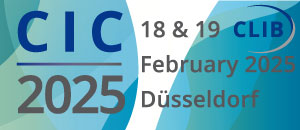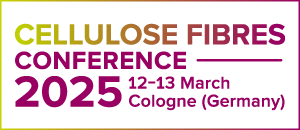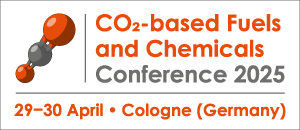Our seas and oceans are becoming somewhat of a dumping ground for humanity. Apart from the accidental spills and operational discharges from ships, our waters are also exposed to an array of waste – from plastic bags to pesticides – produced on land. In fact, according to the World Wildlife Fund (WWF), a staggering 80% of marine pollution comes from land-based activities.
Fertiliser runoff from farms and lawns, for example, remains a huge problem for coastal areas causing eutrophication – the flourishing of algal blooms that deplete the water’s dissolved oxygen and suffocate other marine life. Meanwhile, vast islands of solid garbage are forming out at sea. As WWF reports, high concentrations of plastic material have been found blocking the breathing passages and stomachs of many marine species, including whales, dolphins, seals, puffins, and turtles.
The picture may seem dismal but there is hope on the horizon: many are researchers working to develop ways to prevent marine littering and pollution and counteract its effects. The results of a range of EU-funded projects are contributing to this cause by helping us to understand the ocean, for example through the maps of deep-sea ecosystems developed by the GEO-HABIT project. Or through technology that helps prevent an oily mess at sea, like the OILECLEAR project’s cleaning system for separating oil and water. Education and effective policy making are also important, and that’s why the MARLISCO project developed a guide of best practices for reducing marine litter.
This week’s edition of CORDIS Express takes a look at these results, as well as related news.
– Mapping Mediterranean deep-sea habitats
– MARLISCO demonstrates public willingness to tackle the marine litter issue
– Trending science: 99 % of seabirds could be eating plastic by 2050
Source: Based on information from CORDIS and WWF.
Source
CORDIS news, press release, 2015-09-04.
Supplier
European Commission
European Commission: CORDIS
European Union
WWF Deutschland
Share
Renewable Carbon News – Daily Newsletter
Subscribe to our daily email newsletter – the world's leading newsletter on renewable materials and chemicals





